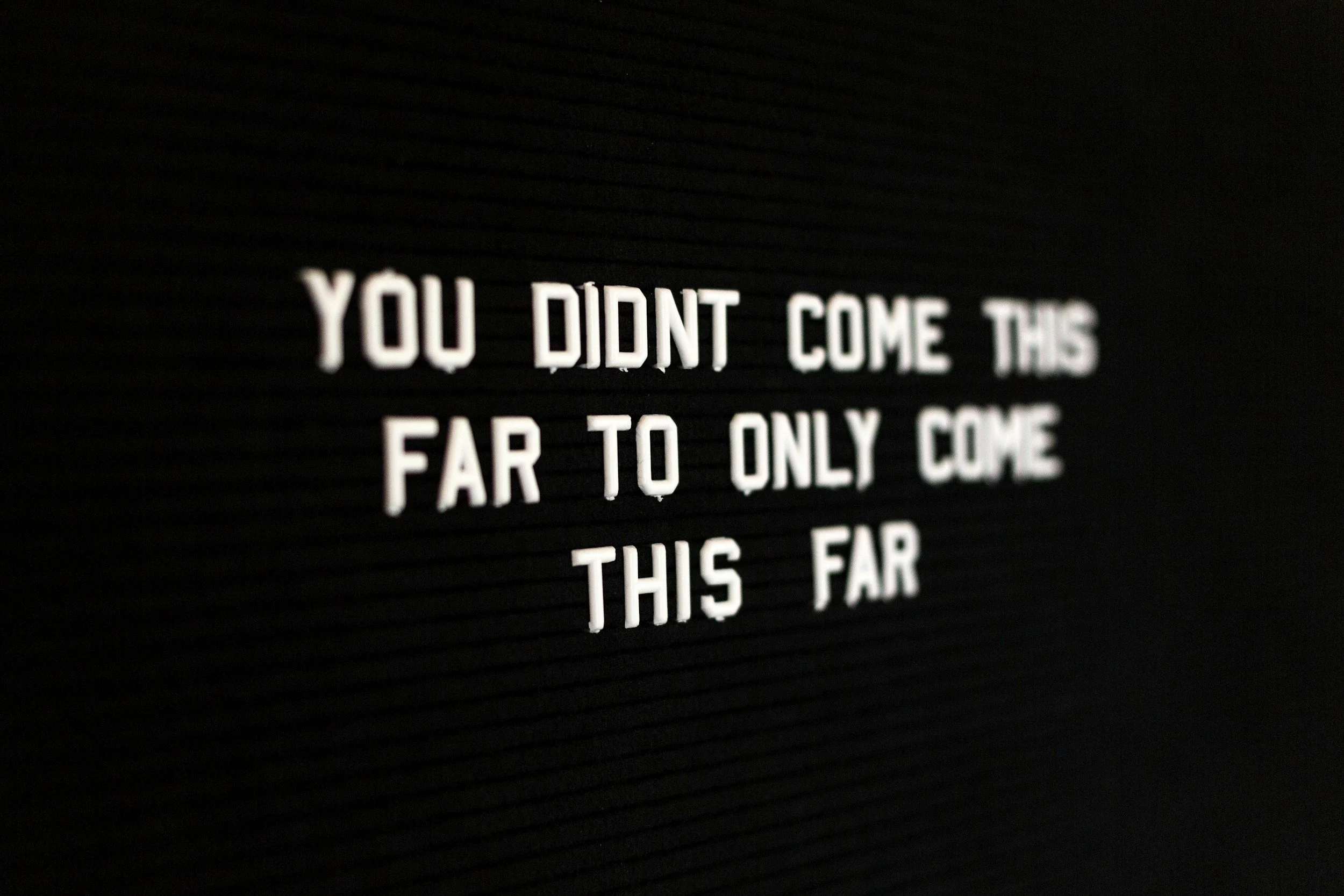COLLEGE APPLICATION TIMELINE
-
FOR RISING FRESHMEN
Ask Alice about how to make the most of Freshman Summer (the summer right after 8th grade), as well as what to worry about and not to worry about for the first year of high school. Alice hosts Zoom meetings, as well as workshops in a casual setting to provide coaching and perspective. Parents find out how best to launch their children into the high school experience, with future goals in mind early.
Ask Alice about:
PARENT/STUDENT WORKSHOPS

-
FOR RISING SOPHOMORES
With the first year of adjustment under their belts, students are even more ready to explore areas of interest deeply, as well as make real impact through leadership and service. Ask Alice about how to intentionally choose Sophomore Summer experiences like intensives and internships, so that they help to demonstrate areas of passion and commitment.
Ask Alice about:
PARENT/STUDENT WORKSHOPS
PRIVATE CONSULTATIONS

-
FOR RISING JUNIORS
Beginning in June after 10th grade is the best time to begin the college research process in earnest. Ask Alice why it’s important that students research their options in detail, down to individual courses, professors, and student organizations. Alice builds a foundation of understanding what college is, what majors are, and what programs will be a great fit for each unique student.
Ask Alice about:
SUMMER JUMPSTART
MONTHLY GROUP WORKSHOP SERIES

-
FOR RISING SENIORS
By June after 11th grade, most of the research should be done, and the college list should be close to finalized. Senior Summer is for diving into all the phases of writing, and the focus is on aligning a true self-awareness of one’s traits with the schools you are applying to. Before senior year begins, most essays should be near completion, so that applications will be ready for submission in early fall.
Ask Alice about:
INDIVIDUAL WRITING/EDITING SESSIONS

What Students & Parents Are Saying
-

“I had a great experience working with Mrs. Shippee. She taught me to take ownership over my writing and gave me room to explore it individually while also providing all the guidance and support I needed to navigate the application process. I learned a lot about myself through writing my essays and in particular really loved the way she helped me approach my ideas from new/interesting angles.”
~ Bella C., Student
-

“Mrs. Shippee loves her work (most importantly, she loves teens) and is outstanding at her craft, a perfect combination for the best outcome. She kept the stress level as low as possible during the challenging college applications process. My son felt completely at ease with Mrs. Shippee, and she was very flexible to his changing needs. Mrs. Shippee feels like part of our family and we recommend her without reservation.”
~ Eve F., Parent
-

“My favorite thing about Mrs. Shippee was how she helped each student individually and catered to what they needed for their essays and college list. She helped motivate me in writing my essays and putting ideas together.”
~ Emily H., Student
FAQs
What is the best time to start preparing for the college application process?
Freshman year is the best for just adapting to high school life and focusing on time management and learning how to balance priorities and personal time. But learning what experiences to prioritize can be framed in a discussion about future (college) paths.
The earlier you start the long process of college research, the less stressful it is. The ideal time to begin is right after sophomore year ends. I offer a Summer Jumpstart for Rising Juniors.
What should I be doing for the SAT/ACT?
I recommend taking a PSAT or diagnostic ACT to evaluate which test might be better suited to a student. Standardized tests are just one measurement that some colleges use, so we can discuss how much time and bandwidth you want to devote to it. Colleges are looking for the most meaningful experiences you are having in high school; my advice is to use your timely strategically. I have resources and advice for how to tackle test prep.
How do I know if my college list is realistic?
I encourage all students to have a balanced list that includes schools across a wide range of acceptance rates. Your school’s academic and college counselors have annual data on who is getting accepted to which schools, and I always assign students to visit with them to get eyes on and approval for the final list.
How many sessions will I need to finish my essays?
Every writer is unique, but as a general guideline, each 100 words requires a session. For example, medium essays of approximately 350 words go through a process of at least three Zoom sessions and 1-3 offline editing sessions (pre-writing, 1-3 drafts, polish & finalize). Longer essays of 500-650 words might take 5-6 Zoom sessions and 3-5 offline editing sessions. Each student will have a different number of essays to tackle, and we always try to strategize to make essays work for multiple prompts whenever possible. (The Common App requires one 650-word-max essay, and the UC’s require four 350-word-max essays. Private universities almost all require additional supplemental essays.)
What do you charge?
All of my one-on-one Zoom sessions and my offline editing sessions are $95/each. Sessions last between 50-55 minutes. Group workshops range from $85-$100/session and last between 90-120 minutes. I offer series workshop discounts.
Do you offer “just” essay editing?
Yes, I offer offline editing services, even if you have not done my entire Countdown to College Apps curriculum. I do find it beneficial to meet at least once or twice with a student to clarify their ideas. Depending on the urgency of the deadline, my services range from $150/session to $450/session. I get the best results with students with whom I work over an extended period of time, but I am able to accommodate a few “just” essay editing clients per season. I do not take new essays within the last two weeks of any deadline.
